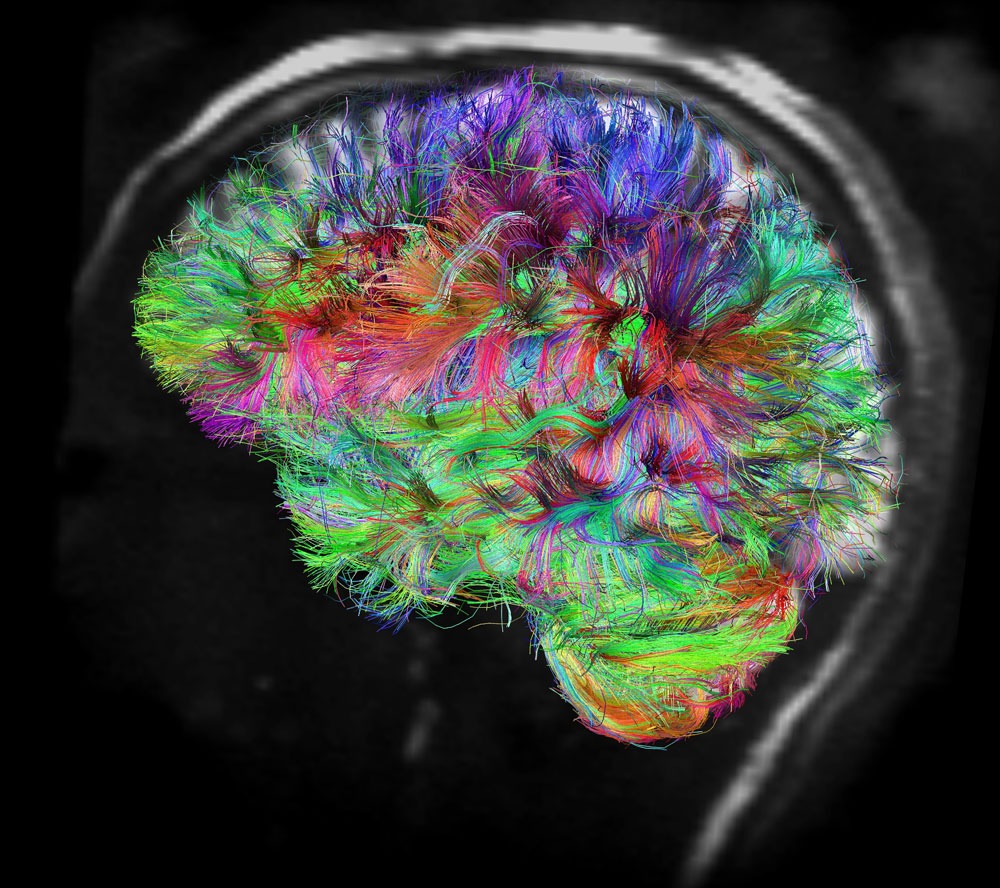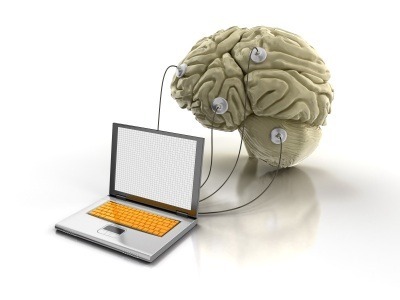Posts Tagged ‘Space-Fortress’
Study: For cognitive training to work, it must induce neuroplasticity in brain regions that matter
Over the last several years, cognitive training has received large amounts of public interest and support because reliably improving cognitive performance would have wide reaching applications in clinical populations, older adults, and the public at large. For example, cognitive training could
Read MoreQ&A with Yaakov Stern on Brain Reserve, Exercise, Cognitive Training, Angry Birds, YMCA and more
I just had the chance to discuss latest neuroscientific research and thinking with Dr. Yaakov Stern, one of the leading scientists studying how to build a neuroprotective cognitive reserve across the lifespan. Dr. Stern leads the Cognitive Neuroscience Division at the Columbia University Sergievsky Center. What follows is a Q&A session conducted via email over the last week. Alvaro Fernandez:…
Read MoreBrain Activity Can Predict If People Will Benefit From Cognitive Training
Cognitive performance can be improved but people vary in their ability to do so. It is not clear yet how to assess who will benefit the most from training and the cognitive tests used in the past were not very good at predicting this. Dr. Kramer and his colleagues recently showed that the brain activity in…
Read MoreDr. Art Kramer on Why We Need Walking Book Clubs to Enhance Cognitive Fitness and Brain Health
Dr. Arthur Kramer is a Professor in the University of Illinois Department of Psychology, the Campus Neuroscience Program, the Beckman Institute, and the Director of the Biomedical Imaging Center at the University of Illinois. I am honored to interview him today. Dr. Kramer, thank you for your time. Let’ start by trying to clarify some existing…
Read MoreBest of the Brain from Scientific American
The Dana Foundation kindly sent us a copy of the great book Best of the Brain from Scientific American, a collection of 21 superb articles published previously in Scientific American magazine. A very nicely edited and illustrated book, this is a must for anyone who enjoys learning about the brain and speculating about what the…
Read More


